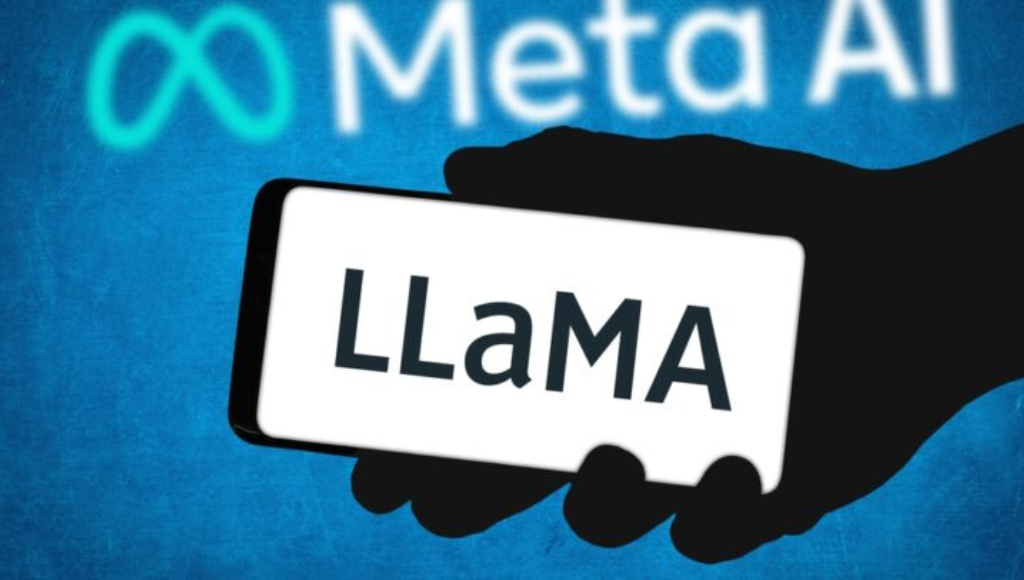In a strategic maneuver aimed at broadening its artificial intelligence (AI) portfolio, Microsoft has discreetly rolled out the Copilot app for Android users.
This application, comparable to ChatGPT, is now available for download on the Google Play Store, offering users easy access to Microsoft’s AI-powered Copilot without the necessity of the Bing mobile app. Notably, the Copilot app for Android has been accessible for nearly a week, highlighting Microsoft’s commitment to making AI capabilities more widely available.
The Copilot app on Android mirrors the functionalities of ChatGPT, enabling users to harness chatbot capabilities, generate images through DALL-E 3, and compose text for emails and documents.
Moreover, the app provides users with complimentary access to OpenAI’s latest GPT-4 model, a feature for which ChatGPT users would typically incur charges. This move underscores Microsoft’s dedication to providing advanced AI capabilities to a broader audience.
Transitioning from Bing Chat to a standalone Copilot experience
The launch of the Copilot app for Android follows Microsoft’s rebranding of Bing Chat to Copilot just over a month ago. Initially integrated into the Bing search engine, the ChatGPT-like interface was part of search results.
However, Microsoft has shifted gears by abandoning the Bing Chat branding, transforming Copilot into a standalone experience accessible at copilot.microsoft.com—similar to the standalone nature of ChatGPT.
Expanding the Copilot experience to mobile apps represents the logical progression of Microsoft’s efforts to establish Copilot as a standalone platform. This aligns with the earlier rebranding of Bing Chat Enterprise to Copilot, emphasizing Microsoft’s strategic focus on consolidating its AI offerings.
While an iOS version of Copilot is not currently available, industry observers anticipate its release. In the meantime, iOS users can access Copilot features through the Bing app.
In contrast to the high-profile launch of Bing Chat on mobile devices, the introduction of the Copilot app for Android was notably low-key. Microsoft opted for a quiet rollout without formal announcements, demonstrating a strategic approach to expanding its AI capabilities. The app, which surfaced on the Play Store a few weeks ago, has already piqued the interest of observant users.
From Windows 10 to Android
The introduction of Copilot on Android follows Microsoft’s earlier efforts to bring the AI assistant to Windows 10. After its initial launch on Edge, Microsoft 365 products, and Windows 11, Copilot has now extended its reach to Android, expanding its presence to an additional platform.
This strategic expansion aligns with Microsoft’s commitment to making Copilot available across diverse devices, emphasizing improved user accessibility.
Future enhancements: Video summarization and song creation
Microsoft’s ongoing commitment to Copilot is evident in recent updates, introducing features such as video summarization and song creation. These enhancements underscore Microsoft’s dedication to continuously improving Copilot’s capabilities, positioning it as a versatile tool for users across various domains.
In conclusion, Microsoft’s subtle yet impactful launch of the Copilot app for Android signifies a strategic move to bring advanced AI capabilities to a broader user base. As the company continues to evolve Copilot and expand its presence across different platforms, users can anticipate a more seamless and integrated AI experience in their daily digital interactions.






